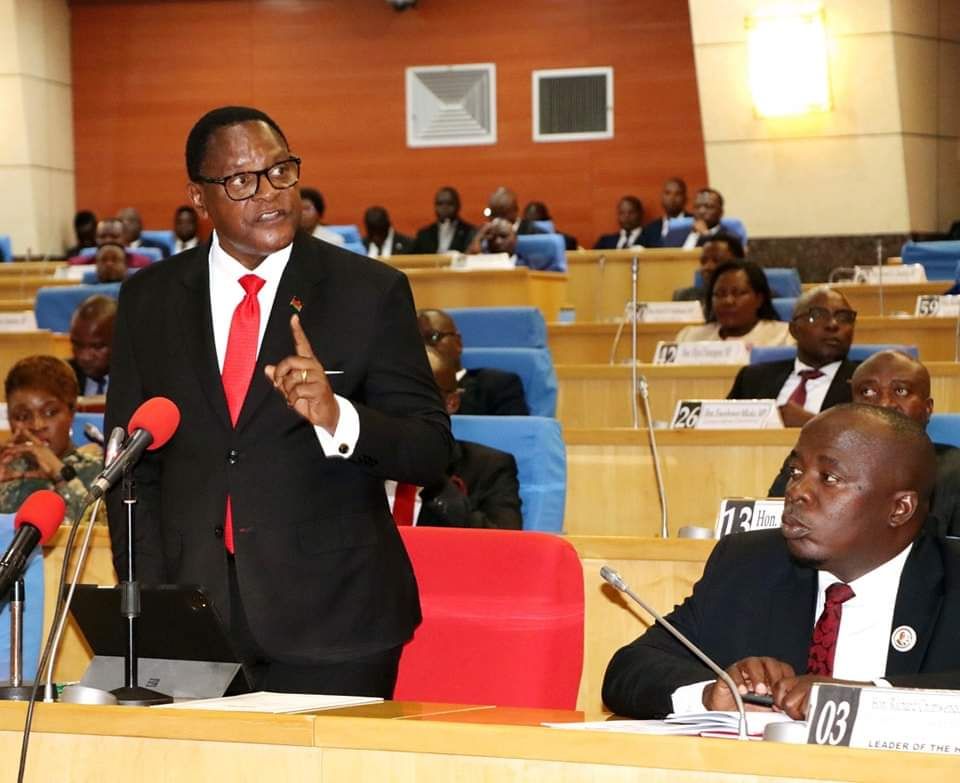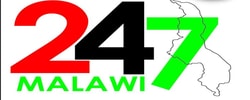By Ray Phillips
President Dr. Lazarus Chakwera’s State of the Nation Address (SONA) on February 10, 2024, articulated a strategic response to the complex challenges facing Malawi’s agriculture sector, particularly in ensuring food security.
We dug deeper into the analytical aspects of his address:
Key Points
1. Acknowledgment of Challenges
President Chakwera’s candid acknowledgment of the challenges, including natural disasters and global events, affecting maize production underscores his administration’s transparency and accountability.
By openly discussing the impacts of Cyclone Freddy and the global rise in fertilizer prices, he lays the groundwork for informed policy responses rather than evading or downplaying the issues.
2. Targeted Intervention Strategies
The President’s emphasis on targeted intervention strategies, such as the lean season response program and the redesign of the Affordable Inputs Programme (AIP), reflects a nuanced understanding of the diverse needs within the agricultural sector.
By tailoring support to smallholder farmers and households facing food insecurity, the government aims to maximize the impact of its interventions and ensure equitable access to resources.

3. Multi-stakeholder Collaborations
The mention of collaborations with diverse stakeholders, including the private sector, academic institutions, and international partners, highlights the government’s recognition of the need for multi-stakeholder approaches to agricultural development.
By leveraging the expertise and resources of various entities, the administration seeks to enhance the efficiency and effectiveness of its initiatives, fostering innovation and knowledge exchange.
4. Emphasis on Resilience Building
President Chakwera’s focus on resilience-building measures, such as mechanization and irrigation development, underscores his administration’s forward-thinking approach to addressing both short-term challenges and long-term sustainability.
By investing in mechanization and expanding irrigation infrastructure, the government aims to enhance the resilience of the agriculture sector to climate change and other external shocks, thereby ensuring a more stable food supply chain.
5. Strategic Vision for the Future
The President’s articulation of future prospects, including the completion of ongoing irrigation projects and the initiation of new schemes, reflects a strategic vision for the future of Malawi’s agriculture sector.
By prioritizing infrastructure development and technology adoption, the administration aims to unlock the full potential of the country’s agricultural resources, laying the foundation for sustained growth and prosperity.










